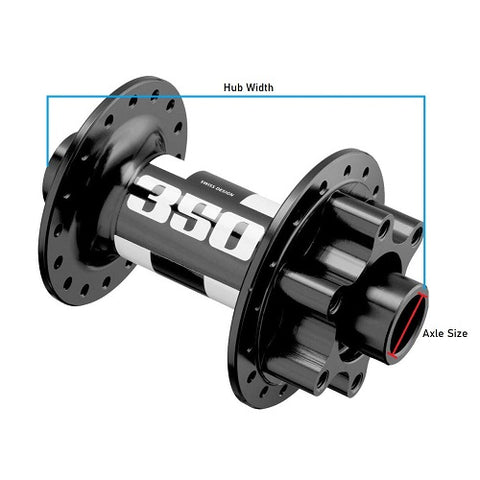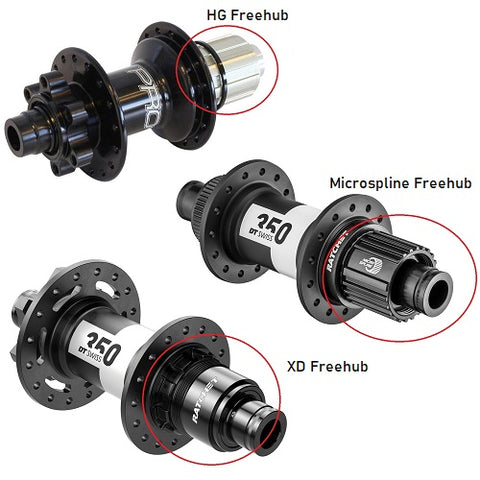Collection: Hubs
Answer 5 questions to find the perfect Hubs for your wheel build!
If you need both hubs, you can complete the questions for one Hub before restarting the process for the other.

×


Click 'Skip' if you are only purchasing a Front Wheel, or if you are purchasing a new Cassette to match your new Wheel. Your Cassette must match the Freehub Type it is designed for. Check your old wheel or current Cassette to confirm the Freehub Type.

×


Shop Hubs
MTB hubs come is varying sizes, widths and have different rates of engagement. A hub with more engagement points will often be louder and also pickup faster, resulting in less energy being lost through the pedals.
